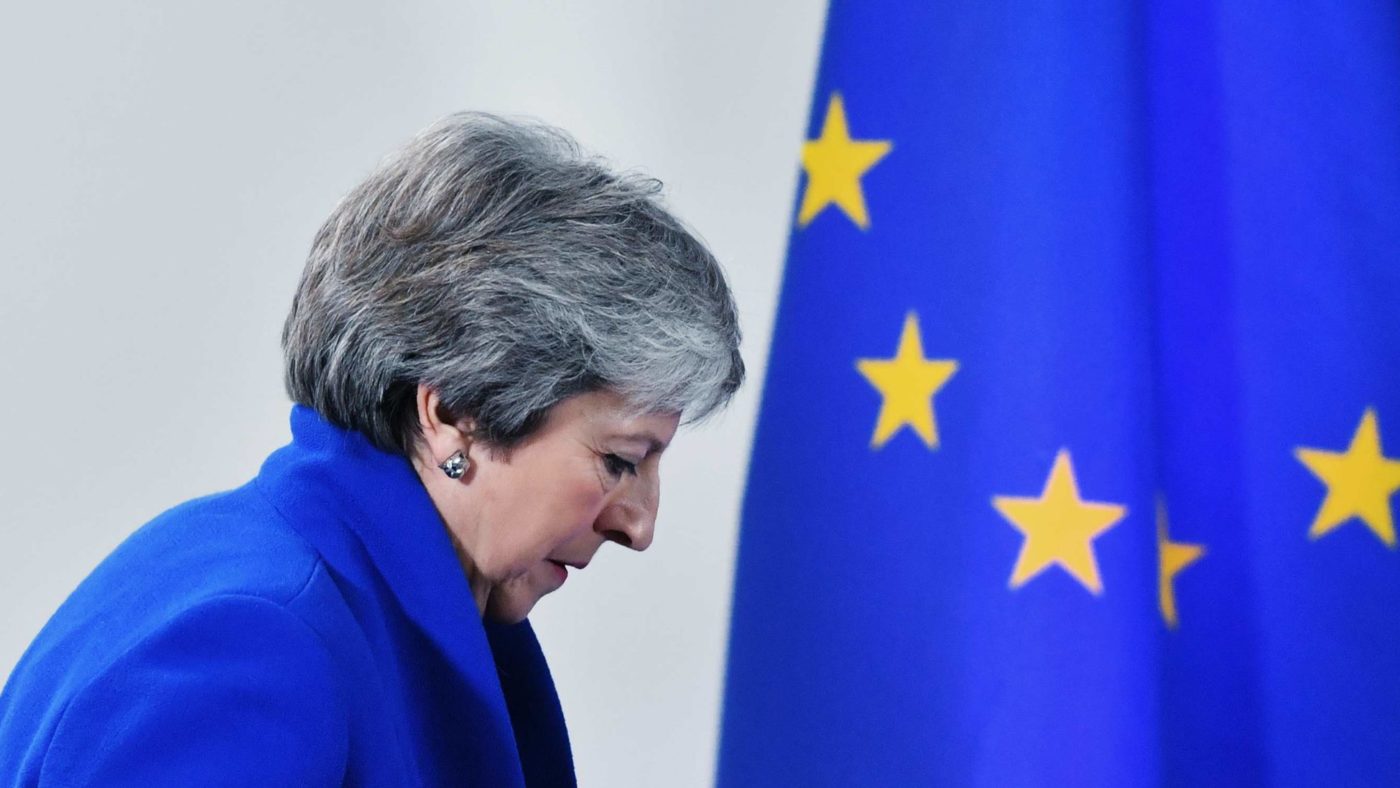It should come as no surprise that yet another political paradox has reared its head amidst the on-going drama and controlled chaos of Brexit.
The Prime Minister has undertaken a “hearts and minds” strategy to win support for her EU withdrawal deal, not only seeking to woo the wider electorate in an open letter published yesterday, but inviting Labour MPs to a briefing by her de facto deputy, David Lidington, and the Number 10 chief of staff, Gavin Barwell.
So far, so conciliatory. If Mrs May really does want the country to reunite after the anguish of the last two and half years, this is a decent start. Yet the other part of her master plan – to challenge Labour leader Jeremy Corbyn to a live TV debate over the merits of her deal – rather undermines any claim to be seeking consensus. Given the obvious motivation for such an offer – to expose Corbyn’s widely-perceived lack of grasp of the details of the issue, along with the exploitation of Labour’s many and profound divisions over the EU – it would be reasonable to expect Labour MPs invited along tonight to offer their apologies instead.
No one very much cares what the Labour Party position on Brexit actually is, and even fewer know. One is left with the impression that Mrs May has picked this particular fight only because she thinks she can win it, rather than because it is an argument that needs to be played out in public.
Given the Prime Minister’s refusal to debate Corbyn on TV at last year’s general election, this initiative – which the broadcasters will snap up eagerly – seems out of place in the current debate. There are, after all, no popular votes up for grabs. The viewing public will not be asked to give their verdict on the two combatants’ performances through the ballot box.
Mrs May’s reputation as an effective campaigner, it must be said, has not, in recent years, propelled her to many awards ceremonies. So her undertaking of a nationwide tour to evangelise the benefits of her Brexit deal can be viewed either with admiration – just as you admire Rocky Balboa at the end of the first of those movies: bleeding, wounded, but stubbornly refusing to submit – or with vast amounts of entirely justified trepidation.
The danger in this four-pronged approach – Labour MPs, open letter, TV debate, nationwide tour – is that the government, at least as far as this one pivotal issue is concerned, is starting to look like a one-woman band. The most effective advocates of the deal, surely, would be Cabinet Leavers like Michael Gove and Penny Mordaunt. Not only have they been notable by their absence from the airwaves of late, but their Remain-supporting colleagues seem suspiciously reluctant to get down and dirty in support of their boss’s vision.
And that’s what it comes down to. Three Brexit Secretaries and three Foreign Secretaries after the referendum, the Prime Minister has been seen, and continues to be seen, as the only true believer in what she has achieved at the end of the negotiations with the EU27. No other member of the government speaks with as much sincerity or conviction in defence of this little-loved document.
Which is why, we must assume, the prime minister sees it as her task alone to sell it to the British public and to argue in its favour on prime-time television.
But how does her programme of advocacy actually help her get the votes necessary to approve this deal in the House of Commons, if not at first time of asking then on the second? The short answer is that it doesn’t: it might boost her personal approval ratings (although it might not do that either) but it will do nothing to change parliamentary arithmetic that today looks virtually impossible to overcome.
Perhaps Mrs May hopes that a significant shift in public opinion, with ordinary voters emailing their local recalcitrant MPs to express their newfound support for the deal, will do for the government what hours of arm-twisting by the whips simply cannot. That is a legitimate tactic, but she should be wary of investing too much hope in it: look at how many MPs continue to stick to their pre-referendum stance on the EU, irrespective of how a majority of their own constituents voted.
The best outcome for the prime minister is that public opinion changes and leads MPs to look again in a more positive light at what she has achieved with the EU27. The worst is that she goes down fighting for what she believes in. And in today’s political climate, there are worse fates than that.


